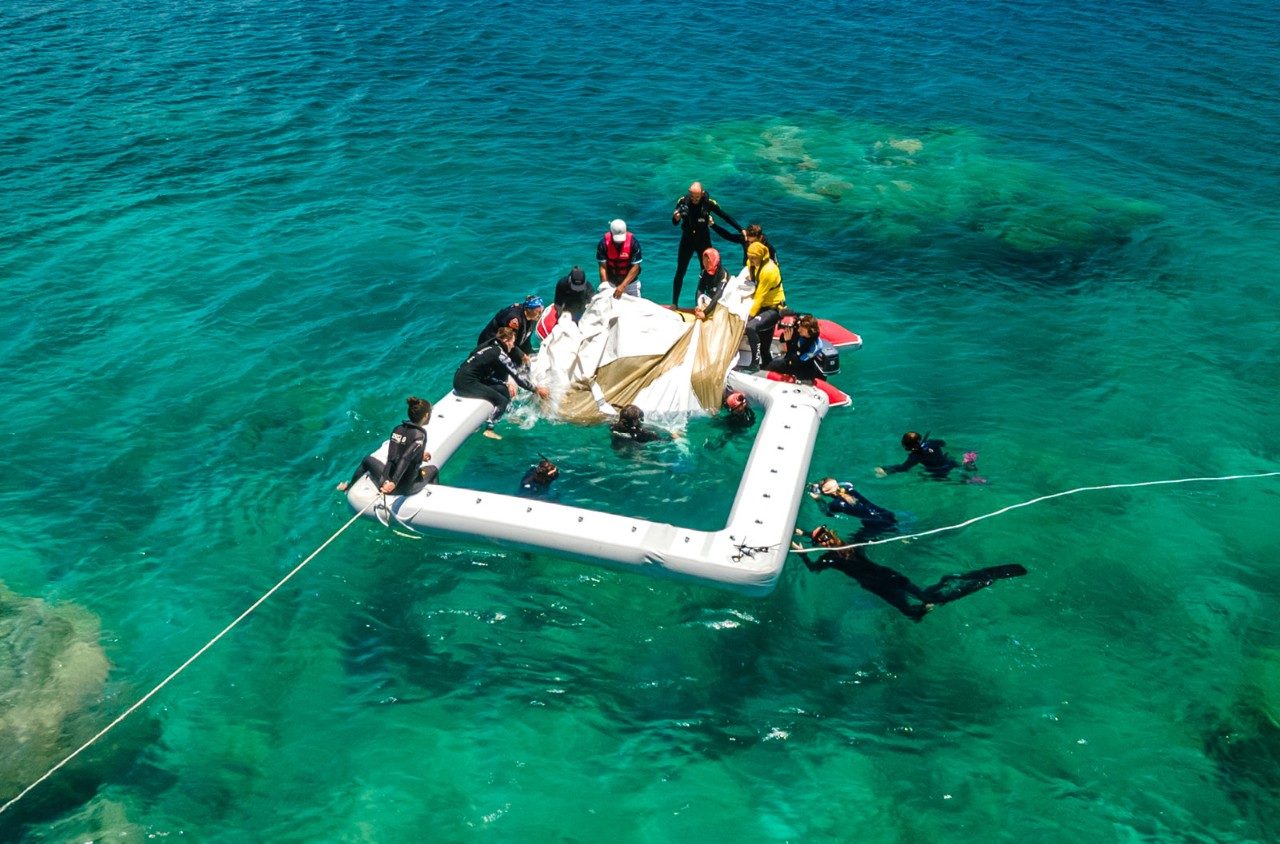Science Meets Tourism: How “Coral IVF” is Helping Restore the Great Barrier Reef

One of Australia’s most popular tourist attractions is working double time as the home of scientific breakthroughs, where a cutting-edge technology – dubbed “coral IVF” – is helping to breathe new life into the threatened ecosystem.
“As custodians of the world’s largest coral reef, we must protect it from further damage,” says Anna Marsden, Managing Director of the Great Barrier Reef Foundation. “But what’s coming into sharp focus is the need to also repair and regenerate these underwater forests.”
Tide of change
The Great Barrier Reef Foundation and Qantas have established the Reef Restoration Fund, with Qantas pledging $10 million over 10 years. The aim is to accelerate innovative technologies and programs, such as Boats 4 Corals, that work towards protecting and rehabilitating the reef.
The innovation
Pioneered on the Great Barrier Reef by Peter Harrison at Southern Cross University, coral IVF sees millions of microscopic eggs and sperm collected during coral spawning, which occurs just once a year in October or November.
Researchers then rear millions of baby corals in specifically-designed floating pools before they are released onto damaged areas of the reef where they can attach and grow. Now the program is engaging frontline communities in the Cairns and Port Douglas region to help expand coral regeneration through the Boats4Corals collaboration.
A team from the Australian Institute of Marine Science has been training marine industries – including tourism – on how to conduct the Coral IV technique to support the reef’s regeneration process.
The impact
With each spawning season, the workforce grows. While it’s too early to determine long-term results, Marsden says indications are positive. “We’ve now seen six-year-old IVF corals spawning naturally. And each year we’re getting better, we’re getting faster – and it’s getting cheaper.”
The next steps
As coral bleaching becomes more frequent, the Great Barrier Reef Foundation and Qantas are expanding coral restoration work across the reef, as well as pioneering new solutions that will help coral reefs resist, adapt to and recover from warming ocean temperatures. “Nature has an amazing regeneration cycle. We are focused on how marine science and tourism operators can give it that extra inch.”
Marsden sees that everyone has a role to play in supporting reef conservation efforts. “This is ground zero for the world’s largest conservation effort. And you can be part of it.”
Click here to learn more about the Qantas and Great Barrier Reef Foundation partnership.



